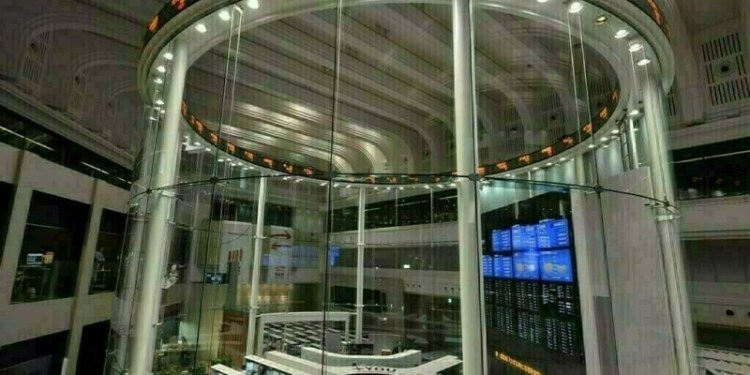By Matthew Miller and Ben Blanchard
BEIJING (Reuters) – U.S. Commerce Secretary Wilbur Ross is proceeding with plans for trade talks in Beijing on Saturday, U.S. officials said, after the Trump administration launched steel and aluminum tariffs on Western allies and renewed its tariff threats against China.
Two administration officials familiar with the matter said Ross’ negotiations of specific commitments on Chinese purchases of U.S. agricultural and energy commodities would take place over the weekend despite a report that initial haggling with Beijing this week could delay or cancel it.
The Wall Street Journal reported that Chinese officials were reluctant to get locked into long-term commitments.
The purchases are aimed at reducing the $375 billion U.S. trade deficit with China. Trump has demanded that China take steps to reduce the gap by $200 billion annually by 2020.
In Beijing, China reiterated its commitment to the current, rules-based trading system centered around the World Trade Organization.
While many countries share U.S. frustration over Chinese trade and economic practices, critics of U.S. policy under President Donald Trump have warned that Washington risks alienating the European Union, Canada and Mexico with 25 percent tariffs on steel and 10 percent on aluminium.
“All countries, especially the major economies, should resolutely oppose all forms of trade and investment protectionism,” foreign ministry spokeswoman Hua Chunying told a regular media briefing, when asked about the U.S. move.
This weekend’s trade talks come as Washington is engaged in fragile negotiations towards what would be a historic summit between Trump and North Korean leader Kim Jong Un, whose main diplomatic backer is China.
Ross, who was preceded in Beijing this week by more than 50 U.S. officials, is expected during a two-day visit starting on Saturday to press China to commit to buying more U.S. agriculture, energy, and other products to narrow the $375 billion trade deficit.
While U.S. officials have sent conflicting signals during the dispute with China, one person familiar with planning for Ross’ visit said his aim was to keep a dialogue going.
Ross is “going there to tread water,” the person said, declining to be identified due to the sensitivity of the matter.
What had appeared to have been a trade truce between Beijing and Washington was upended this week when the White House said it would follow through on its threat to activate tariffs on $50 billion worth of Chinese imports, as well as impose restrictions on Chinese investments in the United States and tighter export controls.
Washington and Beijing have threatened tit-for-tat tariffs on goods worth up to $150 billion each.
“The more Trump is irritating allies and asking Chinese to buy stuff, the better off they are, because he’s not sitting there and attacking the hard issues,” the person said.
Those hard issues include what the U.S. complains is rampant theft of intellectual property, as well as Beijing’s support for cutting-edge technologies under its Made in China 2025 policy.
QUALCOMM STILL IN QUESTION
On Friday, China’s markets regulator said it was still reviewing San Diego-based Qualcomm Inc’s (O:) $44 billion acquisition of NXP Semiconductors (O:).
Some people familiar with the matter have told Reuters that approval may depend on progress of broader talks and a reprieve from a U.S. government ban on sales by U.S. companies to China’s ZTE Corp (HK:) (SZ:), penalised for illegally supplying telecommunications gear to Iran and North Korea.
Reuters reported on Sunday that Qualcomm was expecting to meet this week in Beijing with China’s antitrust regulators in a final push to secure clearance for the deal.
Qualcomm made its latest submission regarding the deal to China’s State Administration for Market Regulation early this week, people familiar with the matter told Reuters.
China’s exports have mushroomed since joining the World Trade Organisation in 2001, making it the world’s second-largest economy. It has positioned itself as a defender of the global trade system in the face of Washington’s tougher stance under Trump.
China hopes its people and those of the United States, especially consumers, will continue to gain from mutually beneficial U.S.-Sino trade relations, Vice Finance Minister Zhu Guangyao said on Friday.
Asked about Ross’ visit, the China’s foreign ministry spokeswoman declined to give any details, referring the question to the commerce ministry, the government department that will host him and which has not given details either.
“Of course, we have said that China’s door to dialogue and consultations is open,” Hua said.
Source: Investing.com



























